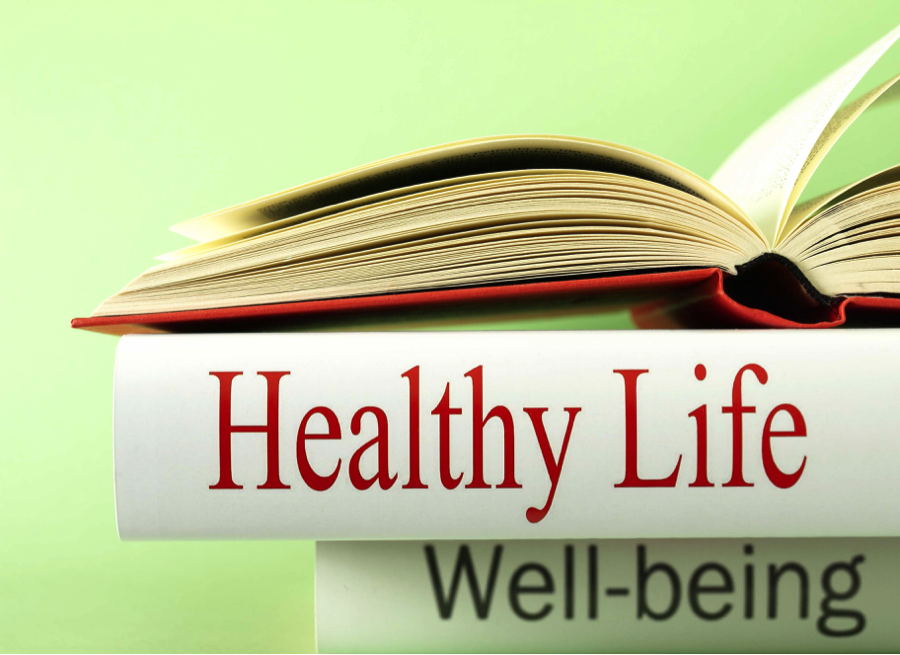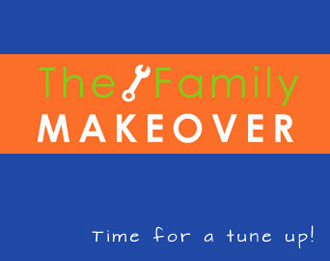“You are not the one who speaks your thoughts, you are the one that hears them”
You have thousands of thoughts a day, yet not all of them serve you best. Being aware of your thoughts, especially the negative, fearful ones, is the first step towards managing how you show up in your life. Todays episodes explores four thinking traps (unrealistic expectations, thoughts don’t equal facts, jumping to conclusions, taking it personally) that may cause mental and physical distress.
Have you already subscribed to my podcast? If not, I’m encouraging you to do that today. I wouldn’t want you to miss an episode.
And, if you’re feeling extra loving, please share it and leave a review; it makes it easier to find. We can all benefit from a little nudge to start making small shifts towards increased health and happiness 🙂





